Can I just say one thing? Thank God for asthma!” howls Spike Lee, early on in Apple TV’s Mr Scorsese. Exploring in propulsive detail the life and work of cinematic giant Martin Scorsese, the new five-part series devotes much of its first episode to the filmmaker’s New York upbringing – including his struggle with severe asthma as a young child. The condition forced a young Scorsese to stay home and people-watch through the glass panes of his window, while his parents took him to the cinema – and its perpetual supply of more easily breathable air – as often as possible. Or as one talking head puts it: “Marty’s life depended on going to the movies. That’s where he could breathe.”
Over the past half-century, there have been precious few filmmakers who merit the same effusion as the man widely referred to as “Marty”. From early classics Mean Streets (1973), Taxi Driver (1976) and Raging Bull (1980), to his sensational late-career run of films such as Silence (2016) and Killers of the Flower Moon(2023), Scorsese, now 82, has proved himself to be cinema’s ultimate long-distance runner, an artist of almost unparalleled longevity. “I didn’t even really understand how daunting it was when I started, to be honest,” says Rebecca Miller, the director of Mr Scorsese. She had initially envisioned the documentary as a two-hour film. “Within a year, I was like, ‘I cannot do this’,” she recalls. “It would have been a disservice to him and his truly Shakespearean output. There’s a level of creation… so many masterpieces on such a level and over such a long time, and spanning so much of the history of this country.”
There have always been plenty of reductive critiques of Scorsese’s oeuvre – that he is a man who makes films about gangsters; that he is a man who makes films about men. Even among fans, the Scorsese myth tends to follow a rotely waypointed arc: his early flirtation with joining the priesthood; his drug addiction in the 1970s; his symbiotic, decades-long working relationship with Robert De Niro; his later role as a sort of elder spokesperson for cinema itself. (“I would even describe him as a film evangelist,” remarks Miller.) But Mr Scorsese does a good job of getting between the planks of the established narrative, rooting around in his contradictions – and his failures.
In fact, the thing that most surprised Miller, in researching the documentary, was “just how many times [Scorsese] failed,” she says. ”Not only in the beginning, but throughout his entire life, he had setbacks.” One of the big setbacks came early: he was supposed to co-direct the seminal, Oscar-winning music documentary Woodstock, but was yanked off the project partway through editing. There was the reputational mauling provoked by Boxcar Bertha – the 1972 exploitation movie commissioned by schlock maven Roger Corman. “Even later, after he’s made some masterpieces, Scorsese was sort of left for dead a few times,” said Miller. “And what’s really interesting to me is that he had to redefine himself, and pick himself up each time.”
A lively and detailed section of the documentary focuses on 1977’s Liza Minnelli-starring period romance New York, New York; produced in the thrum of Scorsese’s Taxi Driver success, it was an infamous misfire of cocaine-fuelled excess, and nearly derailed the filmmaker’s career. “You see these imaginations that have just run amok,” says Miller, “and they're able to do it. It’s like popcorn that just keeps popping.”
He asks those essential, metaphysical questions. He’s just on a search
Rebecca Miller
Miller, the daughter of master playwright Arthur Miller, is best known for her fiction films, including the Greta Gerwig-Ethan Hawke dramedy Maggie’s Plan (2015). She came to Mr Scorsese with a loose, preexisting acquaintance with Scorsese – Miller is married to Daniel Day-Lewis, who starred in Scorsese’s The Age of Innocence and Gangs of New York. (Day-Lewis is one of many names to be interviewed for the documentary, part of a roster that also includes Scorsese himself.) “I had known [Scorsese] a little bit socially, so I had a feeling of affinity,” Miller says. “I think he picked me partly because he knew that I would paint an honest portrait.”
Her fascination with Scorsese’s work stemmed, she says, from “the dichotomy between his Catholicism and his fascination with violence. How do those two things go together? Who is this person?” She cites a moment when Scorsese’s father suggests that all his films have “some element of faith” in them – “the idea of, are we evil? Where is evil? Where is good? What are human beings?” These themes might surface most overtly in religious epics such as The Last Temptation of Christ (1988) or Kundun (1997), but are present, in a way, in all his films, from Taxi Driver to Casino (1995).
“I think if you’re an honest artist, every single piece of your work is going to be some kind of self-portrait,” she says. “So as a man of faith, he can’t help but have that reflected in some way. Not in a didactic way, but… he asks those essential, metaphysical questions. He’s just on a search.”
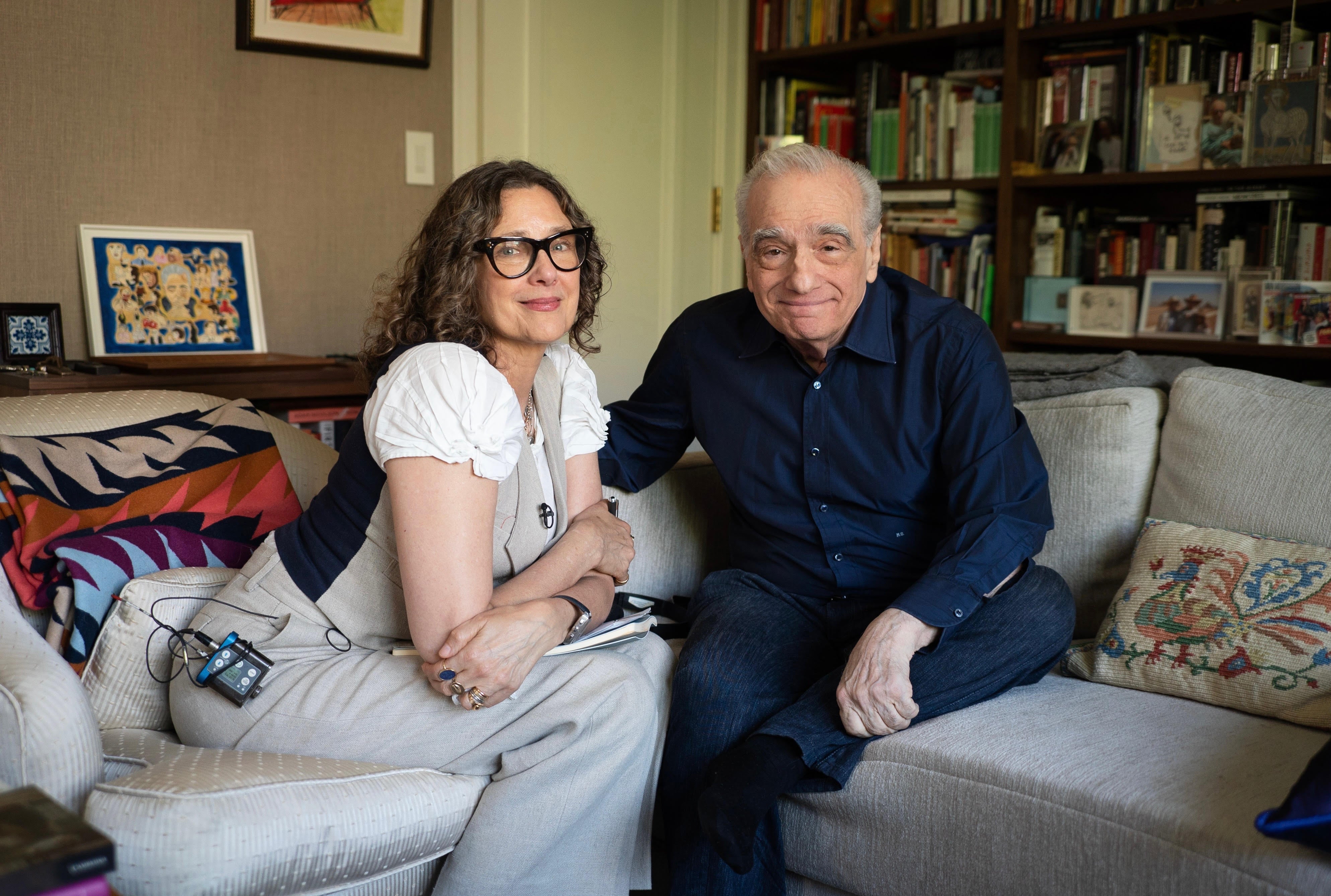
One of the most interesting sections of the documentary focuses on Casino, and Scorsese’s working relationship with Sharon Stone. A recurring criticism of Scorsese, particularly in recent years, has been the supposed sidelining of women in his films, an argument that tends to wilt under scrutiny: his films have yielded 11 Oscar nominations for his female stars, including Stone, and many of his most memorable characters are women. (Indeed, while much of his work focuses on men, or male-centric environments, they more often than not serve as unsparing autopsies of masculinity itself.)
“His approach to human beings is complex – I think that the women in the films are as complex as the men,” says Miller. “I mean, look at [Sharon Stone’s character] Ginger in Casino… that is a great, dense portrait of a human being in all their flaws. He really goes for the truth as he sees it, you know? And everybody is planted in their time, in their place, and how they came into the world. So inevitably, he has a certain point of view.”
A few times over the course of our interview, Miller uses the word “Shakespearean” in regard to Scorsese: she likens it to the raft of words now common in English parlance that William Shakespeare once originated. “These words didn’t exist before; it’s a similar thing,” she says. “Marty has invented grammar [for cinema], his own grammar. I mean, yes, he had influences, but he synthesised it and really reinvented it. Certain grammar that is now so deep inside of our aesthetic that we don’t even necessarily see it anymore as influence.”
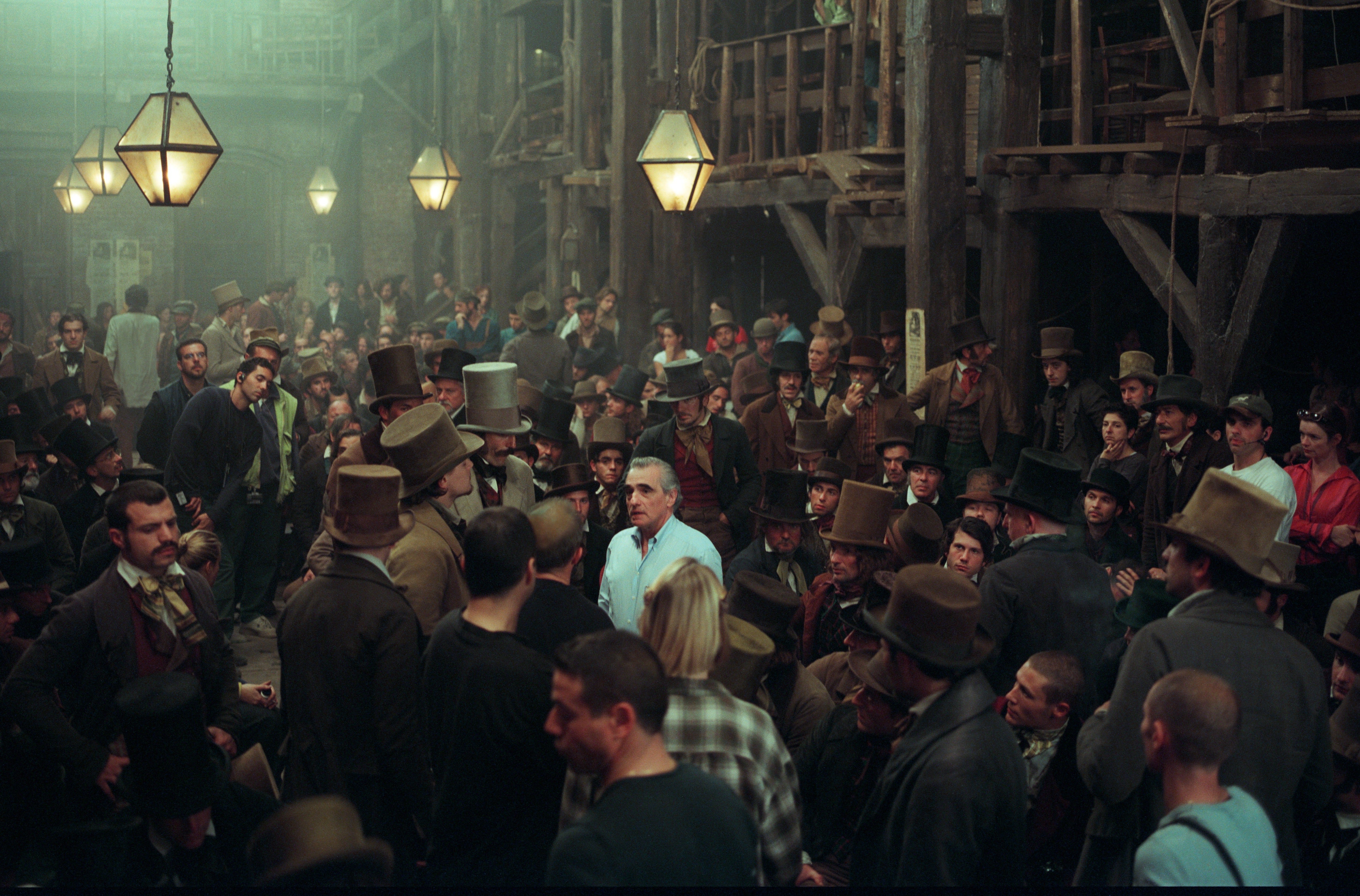
More than two decades ago, Miller was actually on the set of a Scorsese film, when he was directing her husband in Gangs of New York. (Day-Lewis played “Bill the Butcher”, a 19th-century crime boss.) “It was a big scene [Scorsese] had to shoot,” she says. “And I remember being just so struck by how nervous he was. He was like a young man about to embark on this impossible task. He wasn’t acting cool, he wasn’t sitting on his laurels. He was at the edge of his own nerve.”
She smiles. “And I thought, ‘Well – that’s his secret.’ That’s what he is – alive. He’s completely alive. And he’s maintained that for such a long time.”
‘Mr Scorsese’ is streaming on Apple TV from Friday 17 October

.jpeg)

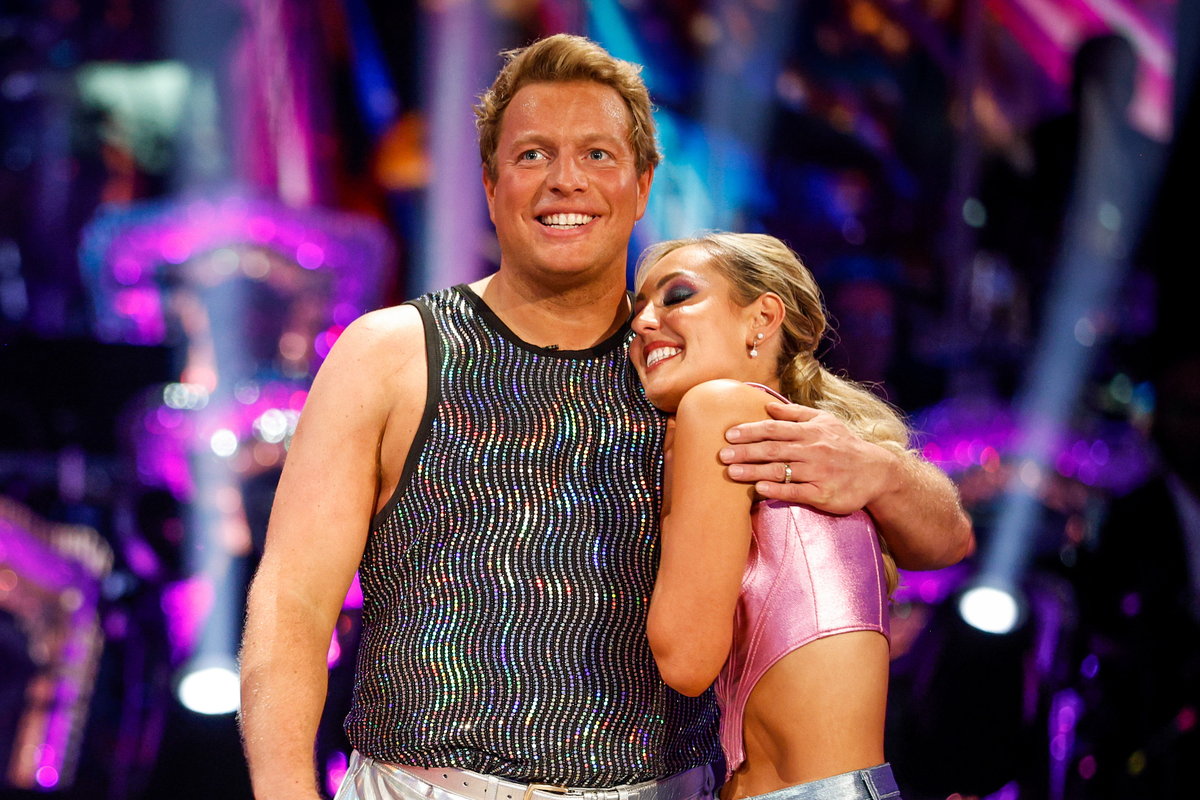














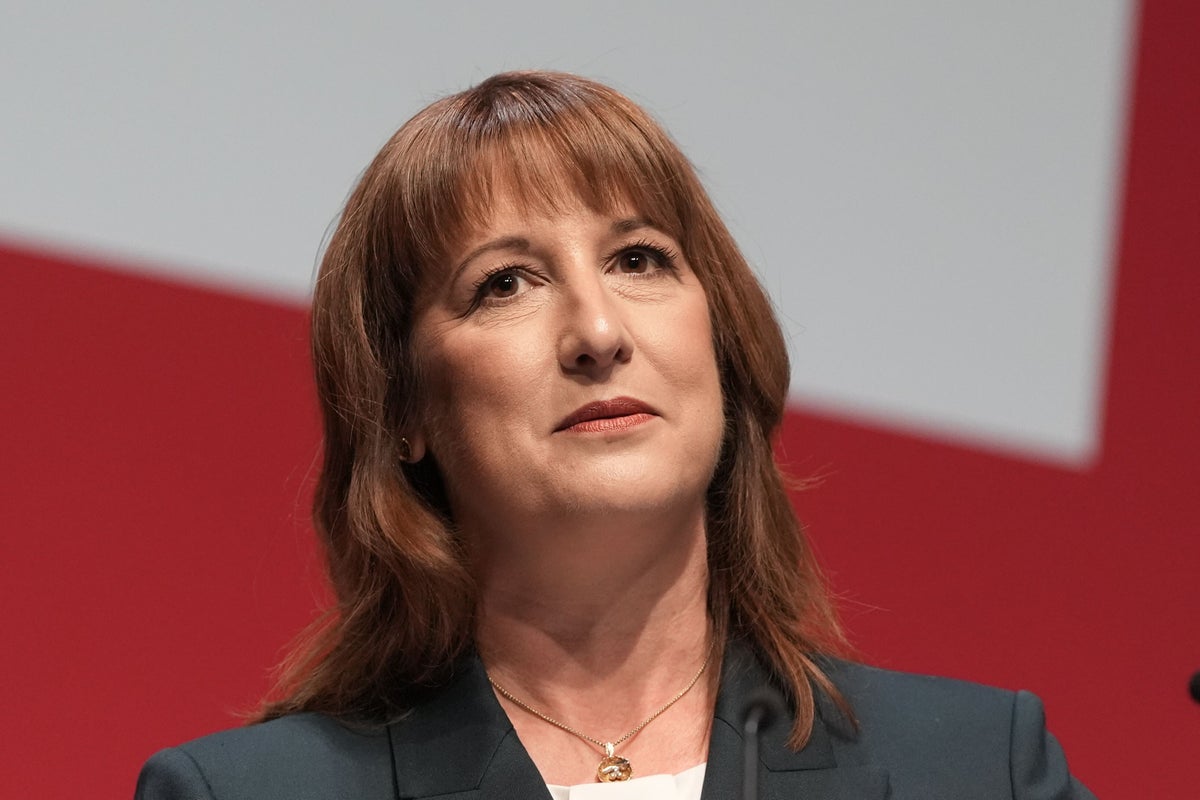


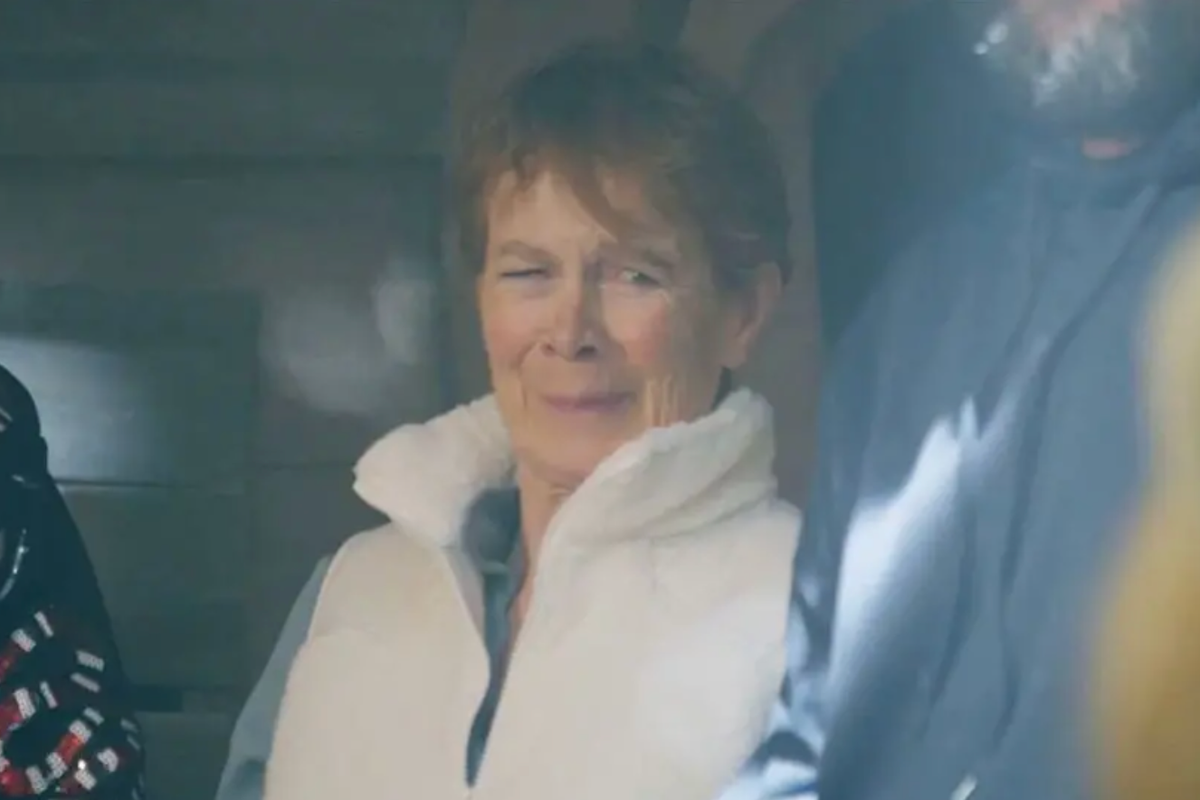




.jpeg)













 English (US) ·
English (US) ·